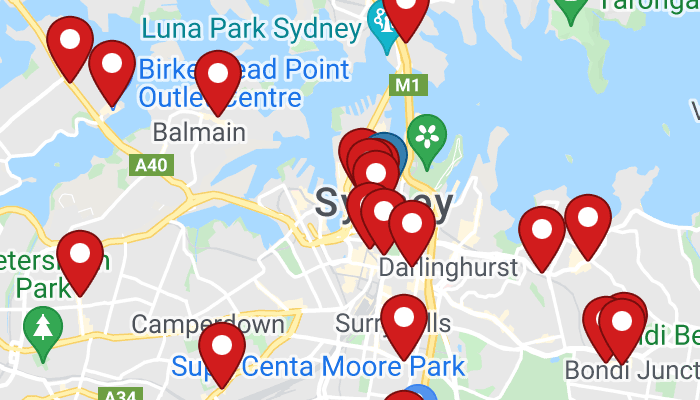Vaping safety and user’s trust – why regulation matters
- December 10, 2021
- Posted by: Liber
- Category: Scientific & medical

Remember EVALI?
If you are even slightly familiar with vaping, you will be aware of EVALI. You will also be aware that a number of deaths have very sadly been attributed to EVALI. We now know, of course, that those unfortunate fatalities were found to have been caused by illicit THC vaping liquid ‘cut’ with vitamin E acetate.
To be very clear, EVALI was not caused by vaping nicotine products. Indeed, the substance at fault, vitamin E acetate, will not (in physical terms) mix with the PG/VG upon which nicotine e-liquids are based.
That the U.S. public health authorities were very quick to blame nicotine vaping for the outbreak of EVALI, and that myriad anti-vaping organisations leapt into action to their own political ends, is a matter for a separate discussion. However, if you would like to read more on this, Bruce Barcott at Leafly provides an excellent background here, and Clive Bates has penned some interesting observations here.
What did we learn?
Given that this all took place in the U.S., and had nothing to do with nicotine vaping, what can we take away from all this here in Australia? Quite a bit, actually. The most disappointing takeaway from the whole EVALI fiasco, is that it has quite likely scared many smokers, who were wanting to quit, away from a product that may help them do it.
A consumer gains the confidence that a particular product will do “x” or “y” based upon trust. In years gone by, that trust was earned by trial and error. In modern times that trust is based upon the knowledge that the product has been manufactured to a certain standard, and that it has been tested to prove it is safe.
Those standards and tests are mandated by regulation. While we can all rail against over-regulation, some regulation underwrites the trust consumers need to have when they choose to purchase a given product. The medicines we take to cure our ills, the cars we drive, the paint on our walls, and the toothpaste on our brush. All made to exacting quality standards, and tested to ensure safety.
If the e-cigarette supply chain was regulated in the U.S., authorities would have been able to trace any suspected contamination back to its source. Of course, in this instance, they would have discovered where the issue wasn’t long before they did, and perhaps saved lives by figuring out the real problem sooner.
Can regulation be a good thing?
So when it comes to nicotine vaping, surely a little bit of regulation can be a good thing? Would you feel better knowing that your device was manufactured to the highest possible standards? That your e-liquid was made in a pharmaceutical grade laboratory and subject to the same manufacturing standards as medicines? It’s going into my lungs, so I sure do.
Sure, the more cavalier amongst us may not care, fortune favours the brave, etc. But in Australia, we know from the recent National Drug Strategy Household Survey that 70% of smokers want to quit smoking, but nearly 40% don’t make an attempt. We have to stop and ask ourselves what might help them make the decision to try.
Freedom? At what price?
There are many out there in the vaping community that a fearful of any discussion around regulation, and in the face of any perceived threat to the very thing that has helped them quit, that’s fair enough. But before you raise your Vandy Vape Pulse Squonk mod defiantly above your head, shouting “freedom” like some man-bunned William Wallace, take a moment to think about the 3 million Australians that are still trapped in their habit.
If having sensible regulations in place to govern the safety and efficacy of vaping products, and if having those products recommended and prescribed by a medical professional, will help provide those folks with the confidence they need to try vaping and get more people away from smoking and keep them away, surely that has to be something to consider?

Find your nearest stockist
Over 1,000 community pharmacies across Australia currently hold nicotine vaping products in-store.






